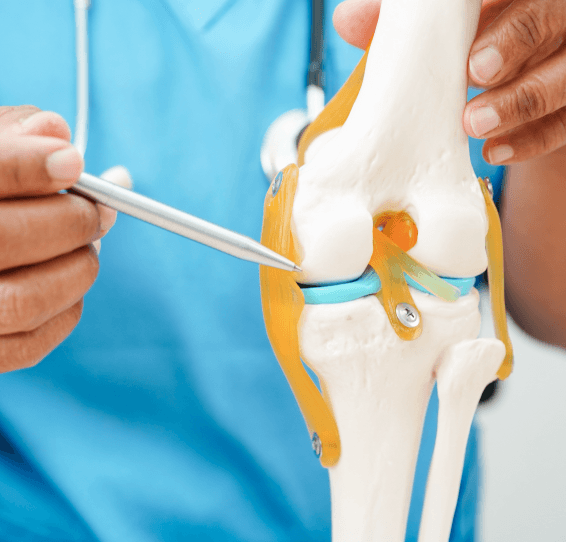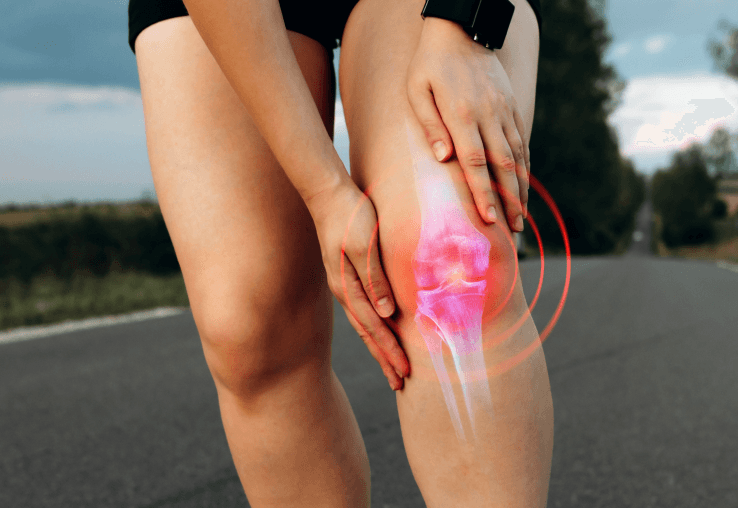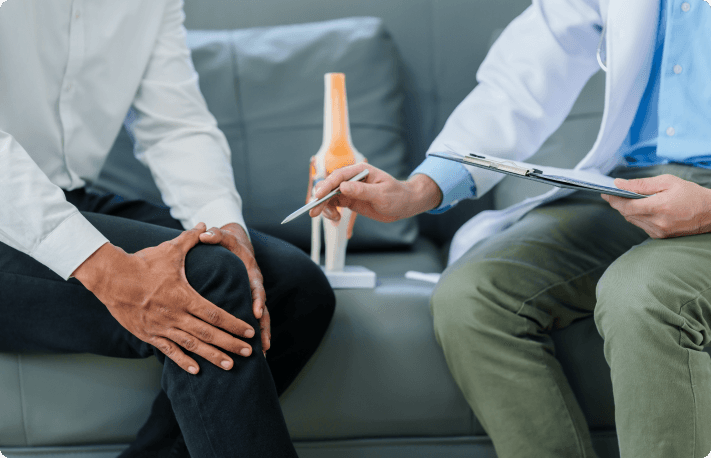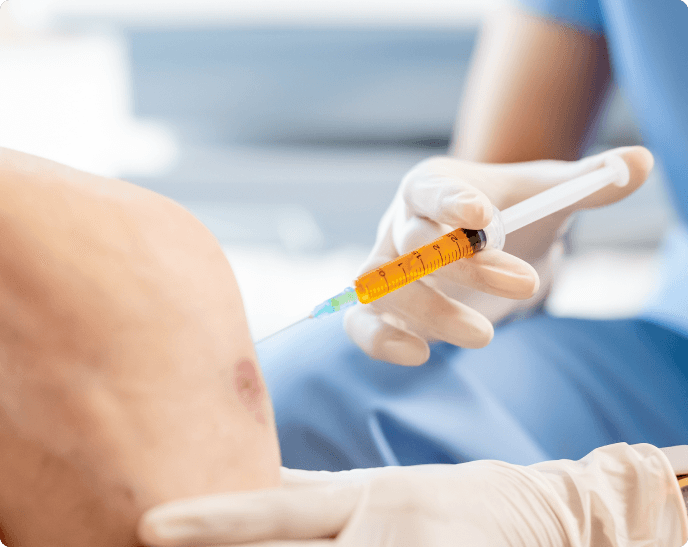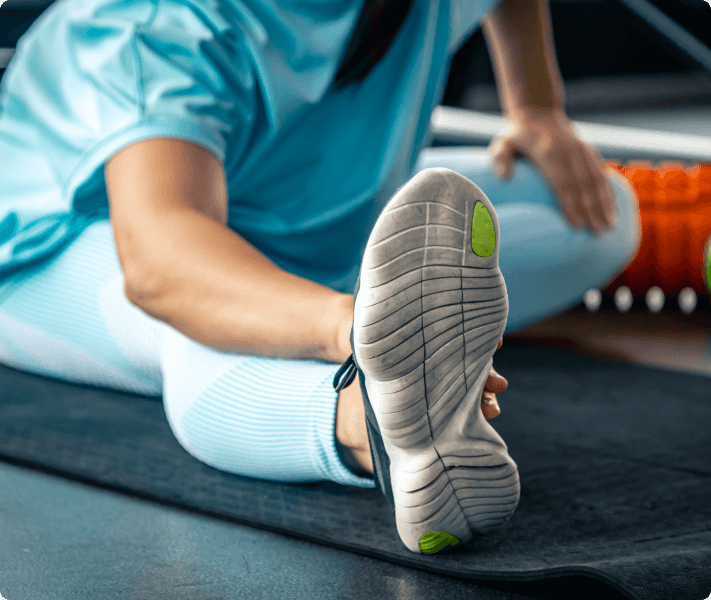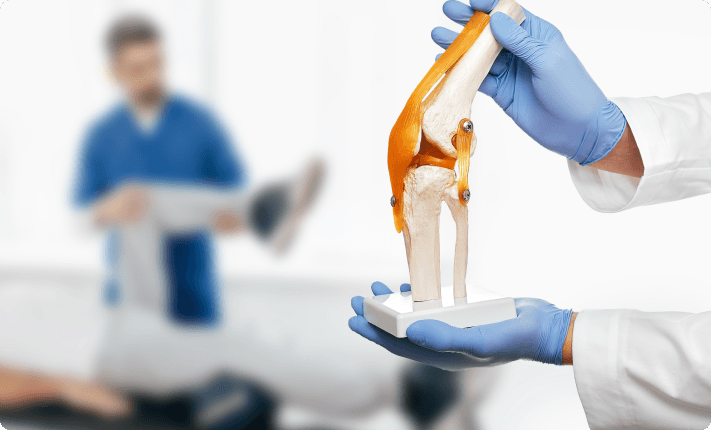What Is Knee Pain?
Knee pain is a common complaint that affects people of all ages, lifestyles, and activity levels. It refers to discomfort, soreness, or pain in or around the knee joint, which can result from a variety of causes, including acute injuries, chronic conditions, and degenerative diseases.
The knee is a complex joint responsible for supporting body weight and enabling activities like walking, running, jumping, and bending, making it particularly susceptible to strain and injury. As knee pain can significantly impact mobility and quality of life, timely medical attention is key for proper diagnosis and treatment.


